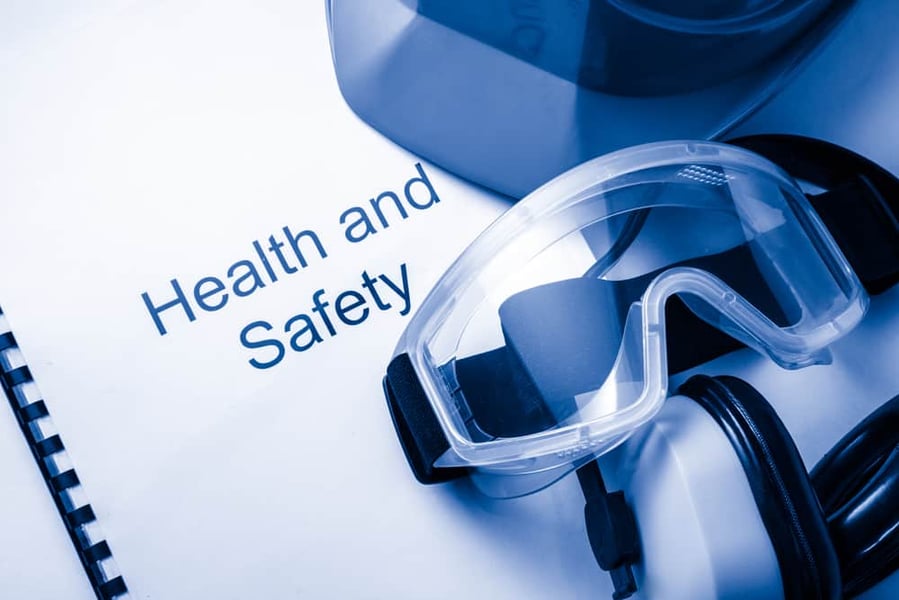
Geoff Hall is chairman of Berkeley Alexander
The pandemic will probably ravage the economy and people’s finances for years to come.
The impact has been all encompassing and indiscriminate.
Beyond the death toll and the financial consequences, for those who survive this crisis the mental impact will also be widely felt.
In a business context, those people who want to work from home will have embraced it and all the work-life balance benefits it offers, but home working is not for everyone.
Even where it is possible, it is not necessarily always welcomed. The post-COVID-19 reality, though, is that working practices are likely to change for most companies – particularly in professional service industries like ours.
As employers, we must ensure our staff are prepared and fully supported to meet those changes. Advisers will be undergoing the same change management.
Suitable IT and a drive towards digital practices and cloud-based systems are, of course, inevitable. We are already seeing this now with the widespread use of video conferencing, for example.
Health and safety risk management assessments for homeworkers are already required by law, but not always adhered to by all companies.
COVID-19 will undoubtedly raise awareness of this requirement and these will now widely become the norm.
Management will also need to consider implementing tailored training on things like supporting employee mental health and how to manage remote workers effectively.
At Berkeley Alexander, we launched a health and safety risk management portal last year – available to all our advisers to use themselves and as a service to their clients.
It is perhaps not surprising that registrations to the portal have doubled since the outbreak! It’s a valuable tool aimed at helping firms through the health and safety minefield, but it doesn’t just cover the obvious basics.
It includes a wide range of modules and e-learning sections on things like working at height, driving at work, business continuity and manual handling, to name just a few.
It has also been updated to include COVID-19, and will help firms work through the back-to-work process. Health and safety considerations have been propelled into the limelight.
As general insuarance (GI) providers, we took the decision well before COVID-19 that health and safety and risk management should play a vital part in the role of every GI provider and adviser.
Protection products have also been brought firmly back onto the agenda during COVID-19.
The pandemic will change consumer habits, and individual circumstances may have shifted, but people will still want to buy property and take out mortgages that will also need insuring.
Whilst on the immediate horizon for some, and very much a reality for others, redundancy will certainly make people more sensitive to their financial protection needs in the future.
Mortgage advisers and independent financial advisers (IFAs) will be vital in ensuring clients carefully consider their protection options and make sure they are safeguarded.
More generally on GI, we’ve seen instances of clients wanting to ‘cut their cloth’ and sacrifice the quality of their cover to save money.
This is clearly a false economy; if their insurance needs haven’t changed, then the advice on what cover is required will be the same – reducing cover in one area will only increase exposure in another.
Change of Use Commercial property is widely expected to suffer as a result of the ongoing pandemic. In the ‘new normal’ following COVID-19, with a smaller workforce and more of those staff working from home, businesses will be less inclined to sign up to long or costly leases with impressive square footage.
As a result, we are likely to see more empty, or part-empty properties and many more changes of use as owners and developers seek to turn empty office space into residential or other uses that are more marketable.
Whatever their use class, it is important to remember that these properties exist and will need insuring.
GI products may need to adapt to become more flexible to meet the needs of the ‘new normal’, but this changing landscape will rely on advisers to navigate what has, up to now for some, been unchartered and possibly more complex risks and product choices.
Advisers and GI providers will need to work closely to ensure the right products and choices are made available for customers, whatever their needs or use class!



